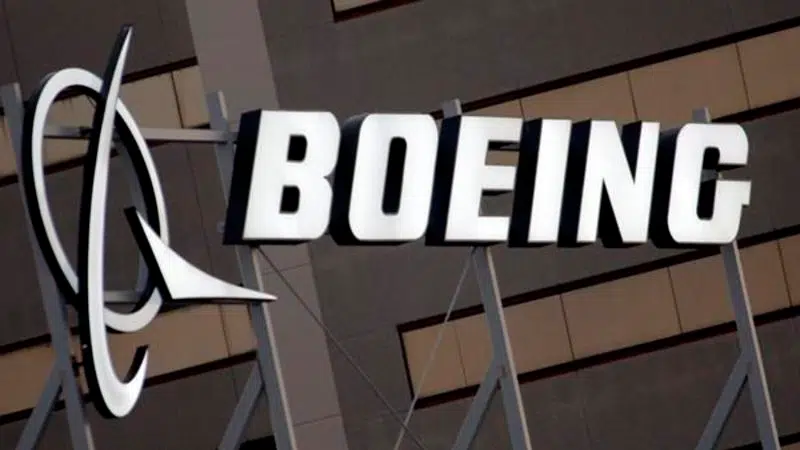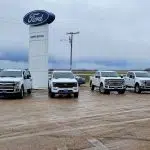
Trade panel: Boeing got unfair US tax break, hurting Airbus
GENEVA — Delivering final word in a nearly 14-year standoff, a World Trade Organization body has ruled that Boeing received an illegal U.S. tax break from Washington state that damaged sales by European archrival Airbus.
The decision by the WTO’s appellate body considered whether the United States had complied with a 2012 ruling that found that plane-maker and defence company Boeing received at least $5 billion in subsidies prohibited under international trade rules.
But the ruling was limited. Except for the relatively small Washington state tax program — which the U.S. says was worth just $100 million a year — Thursday’s decision found no grounds upon which the European bloc could seek damages from an arbitrator.


